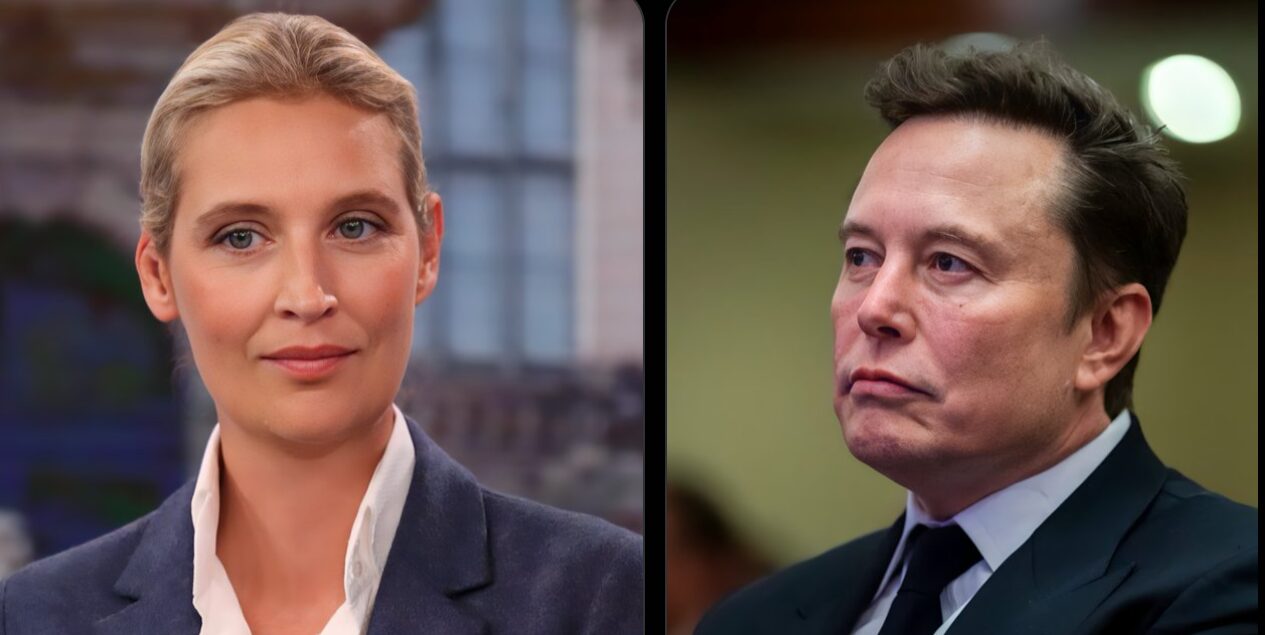Andrew Tate’s new political party account has been restored
Andrew Tate’s New Political Party Account Restored on X: A New Chapter in Social Media Politics
In a surprising turn of events, the social media platform X (formerly Twitter) has reinstated the account of Andrew Tate’s new political party, which had previously been suspended. This development has stirred up considerable discussion, particularly regarding the role of social media in political discourse and the boundaries of content moderation. The decision to restore Tate’s account raises several important questions about the relationship between online platforms, free speech, and political expression, as well as the future of social media in shaping political narratives.
Andrew Tate and the BRUV Party: A Political Move
Andrew Tate, known for his controversial views on masculinity, success, and lifestyle, has taken a bold step into the world of politics. After gaining a significant following on social media, primarily through his provocative content, Tate has expanded his influence by launching a political party — the BRUV Party. This new venture marks a shift from his usual content surrounding self-help and motivation, pivoting towards more political and social commentary.
The BRUV Party, positioned as a movement that reflects Tate’s ideologies, has drawn significant attention, both positive and negative. Tate’s rhetoric, often seen as divisive, has polarized opinions around his party. While some view him as a figure advocating for individual empowerment, others criticize his views as being harmful or regressive. Nevertheless, his growing political presence suggests that Tate aims to use his online following to influence real-world political outcomes.
The Suspension: What Happened?
Tate’s political party account on X was suspended for violating the platform’s guidelines. X, like many other social media platforms, enforces rules designed to maintain a safe and respectful online environment. These rules typically prohibit hate speech, harassment, and the spread of misinformation. Given Andrew Tate’s history of controversial and inflammatory statements, the suspension was likely due to violations of these policies.
While the suspension of the BRUV Party account was met with significant backlash from Tate’s supporters, it also ignited a broader conversation about content moderation on social media platforms. Critics of the suspension argued that Tate’s free speech was being censored, while others believed that the platform was simply enforcing necessary guidelines to protect users from harmful content. Regardless of the perspective, the suspension highlighted the tension between the right to free expression and the responsibility of platforms to ensure a safe digital space.
Account Restoration: A Turning Point?
The decision by X to restore the BRUV Party account marks a key moment in the ongoing debate over social media moderation and free speech. The restoration follows a period of increased scrutiny regarding the role of tech companies in regulating political content, particularly during election cycles and times of political unrest. The reinstatement may be seen as an attempt by X to demonstrate fairness and transparency in its content moderation practices, allowing users to have their voices heard, even if they are controversial.
From a practical standpoint, the restoration of the BRUV Party account gives Tate another opportunity to rally support for his political cause. His followers, who have long championed his message of empowerment and personal freedom, now have a renewed platform to discuss and engage with his political ideas. The return of the account could signal a shift in Tate’s approach to online political campaigning, allowing him to broaden his influence beyond the boundaries of social media.
Implications for Social Media and Politics
The restoration of Tate’s political party account brings to the forefront several key issues surrounding social media’s role in political movements and discourse. Here are some of the broader implications:
1. Content Moderation and Political Expression
The line between content moderation and censorship has long been a topic of debate. Social media platforms like X have increasingly found themselves in the crosshairs, with accusations of political bias or heavy-handed censorship. Tate’s account restoration could serve as a signal that X is striving to strike a balance between enforcing community guidelines and respecting political expression. This balancing act is particularly tricky, as platforms must navigate the complex terrain of maintaining a platform for free speech while also ensuring that harmful or divisive content doesn’t dominate.
2. Free Speech vs. Harmful Content
The tension between free speech and harmful content is at the heart of the social media censorship debate. Supporters of Tate argue that his right to express his political views, no matter how controversial, should be protected. They assert that social media platforms should not act as gatekeepers, deciding which political opinions are acceptable and which are not. On the other hand, critics contend that allowing individuals like Tate to spread polarizing or harmful ideologies can have negative societal consequences, especially when their messages target vulnerable groups. The restoration of Tate’s account raises the question of how platforms should handle content that walks the fine line between provocative and harmful.
3. The Rise of Digital Political Movements
Andrew Tate’s BRUV Party is just one example of how digital platforms are becoming key battlegrounds for political movements. Social media has democratized political discourse, allowing influencers, activists, and even everyday citizens to engage with political issues and mobilize for causes. Tate’s ability to quickly gain traction and expand his influence online highlights the growing power of digital platforms in shaping political narratives. As online political movements gain momentum, social media platforms will play an increasingly critical role in determining what ideas are amplified and what content is muted.
4. Platform Accountability
The restoration of Tate’s account also calls attention to the accountability of social media companies. Platforms like X have been criticized for their inconsistent moderation practices, which can vary depending on the political climate or the public profile of the individuals involved. Restoring an account like Tate’s may be an attempt to show that X is impartial in its decision-making process, but it could also invite further scrutiny from those who believe that influential figures should face stricter content moderation standards. As social media platforms continue to expand, they will need to carefully consider how to balance user freedoms with their role as global content moderators.
What’s Next for Andrew Tate’s Political Party?
With the restoration of his BRUV Party account, Andrew Tate is poised to continue using social media as a tool for political engagement. It’s likely that he will use this opportunity to ramp up his campaign, pushing his ideologies and attempting to galvanize support from his followers. Whether or not this translates into real-world political success remains to be seen, but the power of social media as a political tool cannot be underestimated.
Tate’s political party could very well become a force in online political movements, particularly if he continues to attract younger, disillusioned voters who are drawn to his unfiltered, bold style. His ability to build a community around his political ideas could also serve as a model for future digital-first political campaigns, where social media platforms play an outsized role in shaping public opinion.
Conclusion: The Future of Social Media and Politics
Andrew Tate’s new political party account restoration on X is more than just a moment for his personal brand; it signals the ongoing evolution of social media as a political force. As platforms like X continue to evolve and expand, the role of content moderation, freedom of speech, and political engagement will remain central to the conversation. Whether or not Tate’s political ambitions succeed, his ability to navigate the complexities of social media and politics will undoubtedly influence the way future political campaigns are conducted online. The intersection of social media and politics is only becoming more pronounced, and as we move forward, the global conversation on these issues will continue to shape the digital landscape.

















Post Comment